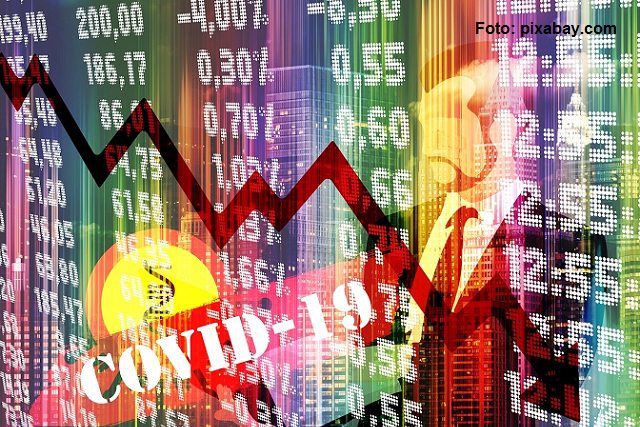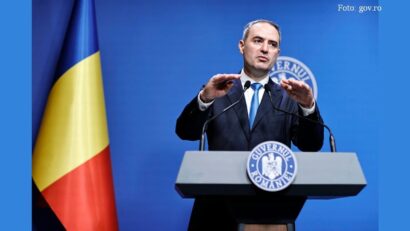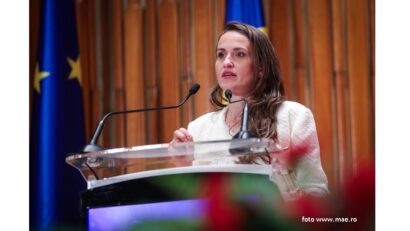Plans to restart the EU economy
The EU leaders have discussed funding for revitalizing the economy severely affected by the coronavirus pandemic

Leyla Cheamil, 24.04.2020, 14:00
The world is currently facing one of the most severe healthcare crises of the past decades, generated by the feared SARS Cov-2 virus. This has also been a major shock for the European and global economy.
Travel restrictions, border closing, temporary suspension of businesses, drops in sales, physical distancing measures taken to contain the spread of the virus, have had negative effects on many economic sectors.
In order to counter the chain effect of the pandemic, European leaders have called for solidarity in taking measures to mitigate the impact of the corona crisis.
And this impact will very likely be substantial. According to the International Monetary Fund, the EU is expected to see a record drop in its GDP, by as much as 7.1% this year, while the crisis looming ahead of the 19 Eurozone countries threatens to be the most severe in the brief history of the single currency, launched in 1999.
At a summit on Thursday, the 27 EU leaders asked the Commission to put together a plan to exit the crisis, including a draft budget for 2021-2027. This should also cover a fund for revitalizing the European economy following the containment measures. The plan should be presented next month.
Although the exact figures have not been decided, officials talk about a plan ranging between 1 and 1.5 trillion euro.
The French president Emmanuel Macron has admitted that a consensus is yet to be reached by member states with respect to budget transfers to the regions and sectors the worst hit by the pandemic. He pleaded for a comprehensive recovery plan, including not only loans, but also such financial transfers, and warned that “If we let part of Europe fall, all of Europe will fall with it.
Deeply affected by the pandemic, southern European countries like Italy and Spain once again called for a new joint debt, which would enable them to benefit from the low interest rates offered to the northern member states.
The German Chancellor Angela Merkel promised a temporary increase of her countrys contributions to the EU budget.
The Romanian president, Klaus Iohannis, backs the set up of an economic recovery fund, benefitting all member states, as an additional instrument to the support measures already taken at European level. The fund should be used for the needs in specific sectors, such as medical and economic, which have been hit by this crisis.
On the other hand, Klaus Iohannis announced Romania will remain a firm supporter of the cohesion policy and the common agricultural policy, which, as he emphasized, have not lost their relevance in the current, complicated context.
(translated by: Ana-Maria Popescu)






























